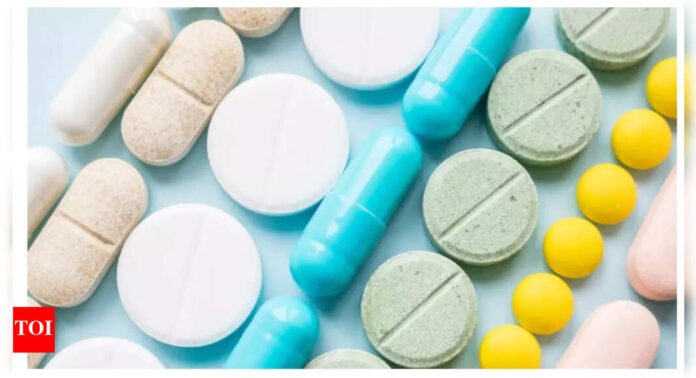Medicines and Caffeine: A Guide to Safe Use
We often take medicines with water. Some use milk to hide the bitter taste. Others might use coffee or tea for convenience. But did you know that some medicines can react poorly with coffee or tea? This can cause allergic reactions or side effects. Here are 7 medicines you should avoid taking with tea or coffee.
Medicines to Avoid with Coffee or Tea
Thyroid Medicines
Thyroid medicines like levothyroxine treat an underactive thyroid. This happens when your body does not make enough thyroid hormone. Drinking coffee or tea soon after taking your thyroid medicine can make it harder for your body to absorb the medicine. This means the medicine may not work as well. Doctors suggest waiting at least 30 to 60 minutes after taking your thyroid pill before having coffee or tea.
Asthma Medicines
Some asthma medicines, like theophylline, are similar to caffeine. Drinking coffee or tea while taking these medicines can increase side effects. These include feeling nervous, having a rapid heartbeat, or even seizures. It can make you feel jittery or anxious. It may also raise your blood pressure.
Antidepressants
Some antidepressants can interact with coffee and tea. The tannins in coffee and tea can make it harder for your body to absorb certain antidepressants. This can make the medicine less effective. Some antidepressants also compete with caffeine for the same enzymes in your liver. This can increase side effects like anxiety, trouble sleeping, and a racing heart.
Diabetes Medicines
Coffee and tea can affect blood sugar levels. This can make it harder for diabetes medicines to control your blood sugar. Caffeine may raise blood sugar in some people. If you take medicine for diabetes and drink a lot of coffee or tea, check your blood sugar more often. Talk to your doctor about your medicine dose.
Blood Thinners
Blood thinners help prevent blood clots. Both coffee and tea can interact with these medicines. Green tea contains vitamin K, which can make blood thinners less effective. Coffee and tea can also slow blood clotting. This can increase the risk of bleeding or bruising. If you take blood thinners, avoid large amounts of coffee and tea. Tell your doctor about your habits.
Cold and Allergy Medicines
Many cold and allergy medicines contain stimulants like pseudoephedrine. Coffee and tea also contain caffeine, another stimulant. Taking these medicines with coffee or tea can make side effects worse. These include feeling restless, having trouble sleeping, and an increased heart rate. People with high blood pressure or heart problems should be especially careful.
Heart Medicines
Certain heart medicines can interact with coffee and tea. Caffeine can make beta-blockers like propranolol less effective. This makes it harder to control blood pressure. Some statins may have increased side effects when taken with green tea. Calcium channel blockers like verapamil can slow down how your body breaks down caffeine. This can lead to more side effects from caffeine, such as headaches or a fast heartbeat.
References
- University Hospitals
- Medical News Today
- MDLinx
- Drugs.com
- WebMD
Disclaimer: This article is for informational purposes only. It is not a substitute for medical advice. Always consult a medical professional if you experience any of these symptoms.



